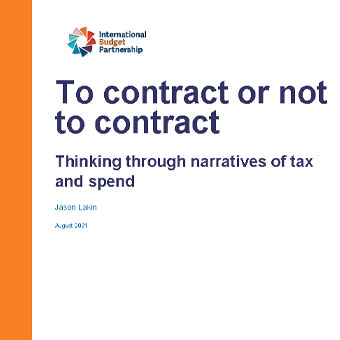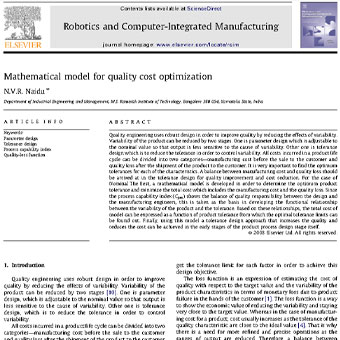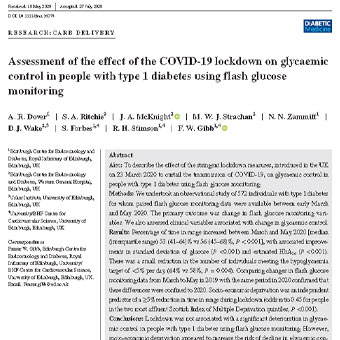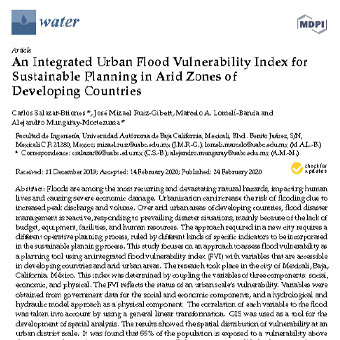عنوان فارسی مقاله:قرارداد ببندیم یا نبندیم: نگرش از طریق روایت مالیات و هزینه
چکیده
یکی از روایات مربوط به سیاست مالیاتی بر تفکر اخیر در بین شرکای توسعه ، متخصصان علمی و طرفداران حاکم بوده است: مالیات به عنوان بخشی از یک “قرارداد اجتماعی” بین شهروندان و دولت. این ایده قدرتمند ، که ریشه در تاریخ دولت و ریشه های مالیات ، به ویژه در قرون وسطی اروپا دارد ، یکی از چالش های مالی عمومی را حل می کند: چگونه می توان علاقه مردم را به موضوع سیاست های مالی تحریک آمیز برانگیخت. با پیوند مالیات دولت به هزینه های ارائه خدمات (به عنوان مثال ، بهداشت و آموزش) برای مردم عادی ، روایت قرارداد اجتماعی می تواند زمینه ای برای مشارکت بیشتر مردم در سیاست مالیاتی فراهم آورد که رابطه قوی و مولد تری بین دولت و جامعه ایجاد می کند. این به نوبه خود می تواند از تقویت منابع داخلی داخلی پشتیبانی کند ، این یک هدف اصلی سیاست برای بسیاری از کشورهای با درآمد کم و متوسط و شرکای توسعه ای است.
- لینک دانلود فایل بلافاصله بعد از پرداخت وجه به نمایش در خواهد آمد.
- همچنین لینک دانلود به ایمیل شما ارسال خواهد شد به همین دلیل ایمیل خود را به دقت وارد نمایید.
- ممکن است ایمیل ارسالی به پوشه اسپم یا Bulk ایمیل شما ارسال شده باشد.
- در صورتی که به هر دلیلی موفق به دانلود فایل مورد نظر نشدید با ما تماس بگیرید.
 متن به فارسی | ترجمه مقالات و متون علمی | ترجمه و دانلود مقالات و انواع متون علمی و ادبی و پذیرش سفارش ترجمه
متن به فارسی | ترجمه مقالات و متون علمی | ترجمه و دانلود مقالات و انواع متون علمی و ادبی و پذیرش سفارش ترجمه











